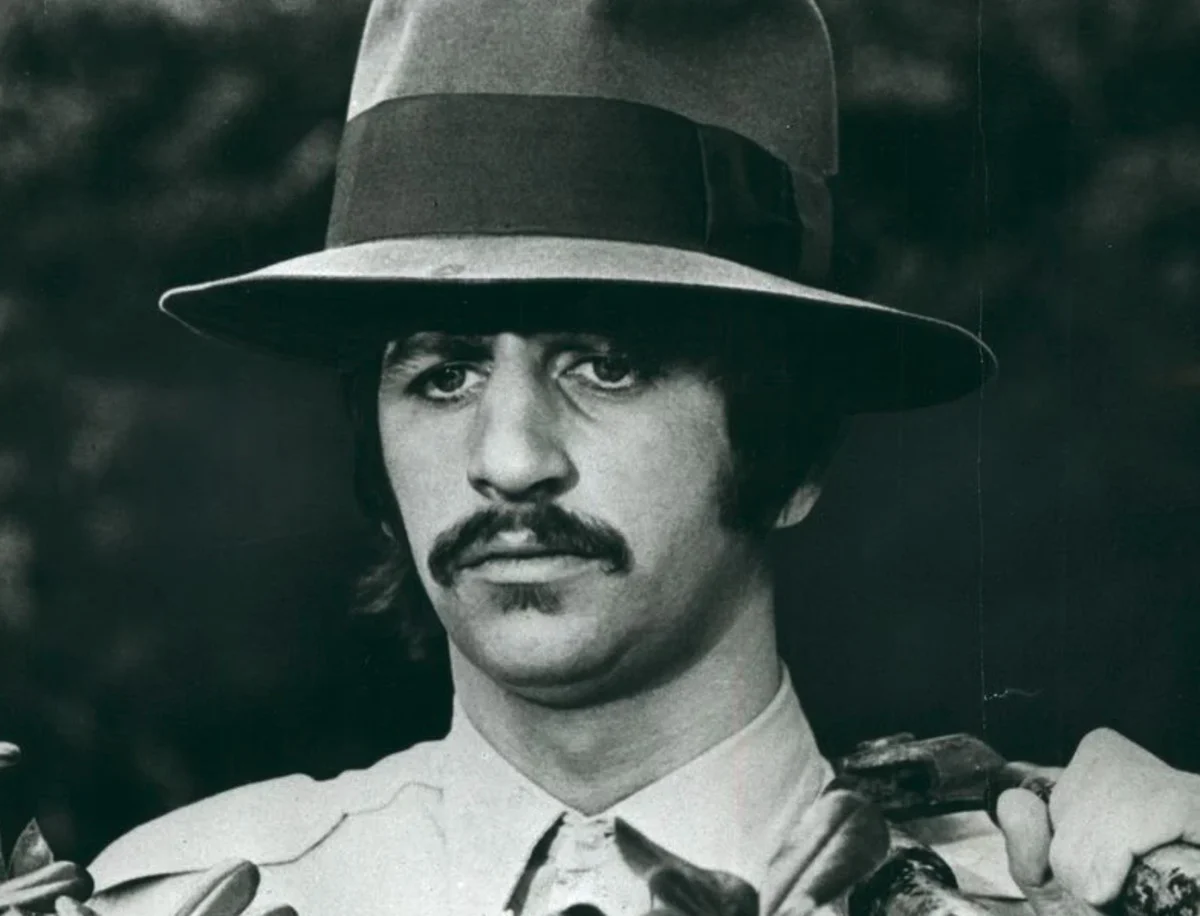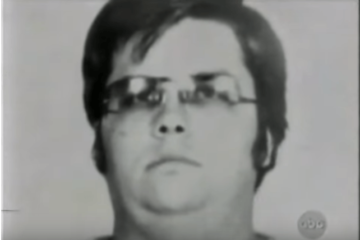The breakup of The Beatles was not merely a historic event in music history but a deeply personal moment for the band members themselves. Beyond being four of the world’s most famous musicians, John Lennon, Paul McCartney, George Harrison, and Ringo Starr were best friends who had grown up together. When the inevitable collapse came, each member embarked on their own journey to process the end of an era that had defined their lives. For Ringo Starr, this emotional reckoning found its expression in the song ‘Early 1970.’
The songs that the former Beatles wrote after their split encapsulate the full spectrum of emotions that accompany the end of an important era or a long-term relationship. From anger to acceptance, each member’s music reflected their personal state of mind. John Lennon’s ‘How Do You Sleep?’ seethed with anger, while Paul McCartney’s ‘Man We Was Lonely’ expressed the depths of depression. George Harrison’s ‘Run of the Mill’ took on a tone of acceptance, reflecting a sense of resolution. Many of these tracks became monumental hits in their solo careers, like McCartney’s ‘Band on the Run.’ However, Ringo Starr’s ‘Early 1970,’ a poignant reflection of his feelings, is often overlooked.
Starr, unlike his bandmates, was not known for his songwriting during his time with The Beatles. Having contributed only two songs to the band’s repertoire, he stood in stark contrast to McCartney’s prolific output of over 160 songs. But after the breakup, Starr ventured into songwriting as a means of processing his emotions. As the drummer of the group, the band had been his entire world from a young age, and their split left him, like the others, facing an uncertain future. While Lennon, McCartney, and Harrison processed their emotions through anger, annoyance, or acceptance, Starr’s approach was one of mourning—not just for the band but for the friendships they had shared.
‘Early 1970’ is a heartfelt exploration of Starr’s feelings toward each of his former bandmates. The song sees Starr reflecting on them not as musicians or rivals in the aftermath of the breakup but as the individuals he had grown to love and understand. “Lives on a farm, got plenty of charm,” he sings about McCartney’s new life in the countryside. Of Lennon, he imagines, “Lying in bed, watching TV,” while describing Harrison as “a long-haired, cross-legged guitar picker.”
However, the true emotional weight of the song lies in how Starr measures the state of their friendships. Of Harrison, he sings with joy, “He’s always in town playing for you with me,” a testament to their enduring bond. Lennon’s verse is more strained yet hopeful, as Starr notes, “When he comes to town, I know he’s gonna play with me.” McCartney’s verse, however, carries a tinge of sadness and uncertainty: “When he comes to town, I wonder if he’ll play with me.” This mix of hope and desperation reflects the emotional distance that had grown between them.
In the final verse, Starr turns inward, addressing his own vulnerabilities. With self-deprecating humor, he sings about his limitations as a musician, admitting he can’t play bass “because that’s too hard for me.” The image of Starr attempting to become a one-man band highlights his struggle to find his place without his former bandmates. The song’s concluding lines are a wistful plea: “When I go to town, I wanna see all three,” expressing a longing for reunion or, at the very least, a rekindling of their friendship.
Compared to the other ex-Beatles’ post-split tracks, ‘Early 1970’ stands out for its subtlety. While Lennon’s biting lyrics and McCartney’s melancholic tunes openly grapple with the band’s dissolution, Starr’s song is quieter but no less powerful. Its understated sadness and loneliness serve as a poignant reminder that the breakup was not just a seismic shift in music but a deeply personal loss for the band members. Starr’s mournful reflection captures the heartbreak of losing not just a band but lifelong friends.
.



